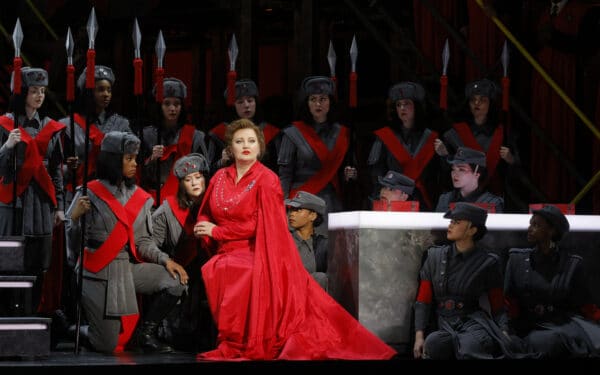Welcome to our weekly Books Digest where we round-up the new books you should, and shouldn’t, be reading. This week features The Right to Sex by Amia Srinivasan and Anthony Horowitz’s A Line to Kill.
For more books take a look through our Books Digest Archive.
The Right to Sex by Amia Srinivasan (Bloomsbury Publishing), £20.
Alice Crossley
When Amia Srinivasan, a professor of social and political theory at Oxford University, decided to turn her London Review of Books essay, Does anyone have the right to sex? into a book of a similar title, she did not know just how timely the book’s publication would be. Published eight days after a 22-year-old man involved in the online “incel” movement killed five people in Plymouth, Srinivasan’s chapter “The Politics of Desire” makes for essential reading on involuntary celibate culture and the history and motivation behind it. “Incels,” she writes, “aren’t angry about their lack of sex, but about their perceived lack of sexual status.”
Srinivasan’s book became even more timely yesterday when the content subscription service Only Fans moved to ban explicit content (which is what the site predominately provides), raising questions about our attitudes towards, and treatment of, sex workers. In the chapters “Talking to my students about porn” and “Sex, Carceralism, Capitalism”, Srinivasan delves into the work of anti-pornography feminists and underpins where their ideologies begin to harm the same gender they aim to protect and why we must accept sex work and pornography as elements of our culture which won’t disappear just by pretending they don’t exist.
At its core, The Right to Sex endeavours to consider sex as a political phenomenon, but asks “how do we engage in a political critique of sex without slipping into the misogynistic logic of sexual entitlement (‘the right to sex’)” and raises as many questions as it does answers as a result.
The latter third of the book consists of 83 pages of notes and bibliography and, at times, makes for complex and heavy-going reading. It would, however, be impossible to write such a bold, intelligent and confrontational book about sex without relying on academia; after all, many of the concepts Srinivasan questions and considers are based on feminist theory. (Srinivasan’s ability to reference and relate much of popular culture to academic arguments is also an impressive feat).
It is telling that many of the conversations about sex that Srinivasan quotes take place between close friends or on anonymous Reddit threats and 4chan boards. We still shy away from the discussion of sex despite its often violent presence in our newsrooms today. This proves the book’s ethos in itself: we need to change the way we talk and think about sex.
A Line to Kill by Anthony Horowitz (Cornerstone), £20.
Bill Bowkett
Best-selling author Anthony Horowitz is back for the third instalment of his metafiction series with A Line to Kill. Like his two previous efforts, The Word is Murder, and The Sentence is Death, Horowitz’s first-person novel is told in an inventive but bazaar fashion whereby the author is the narrator and main character of a murder mystery. He follows private detective Daniel Hawthorne on his field assignments and writes books based on them, despite their futile relationship.
If the plot was not perplexing enough, A Line to Kill sees Horowitz and Hawthorne invited to speak about their experiences at a literary festival on the remote Channel Island of Alderney, where a wealthy grandee and financier of a controversial power-line is found dead. The area is put into lockdown, and the idyllic imagery of this former war-torn island sets the scene for a classic crime thriller: “Invaders were the clouds, a puffy armada floating across an otherwise blue sky.”
Horowitz insists that “everything in the Hawthorne books is true,” which adds to the suspense. Behind the ambitious recitation, there is a finely crafted whodunnit. There are ominous suspects (French poet Marisa being the most mysterious), implausible details, and plenty of twists and turns that keep the reader hooked. The ending even leaves the possibility of a follow-up novel in the future. This book is an engaging satire on crime novels, but one that truly lives up to the endearing spirit of the genre. For your benefit though, read the first two Horowitz-Hawthorne works first before diving into this mystery. Thank me later.




